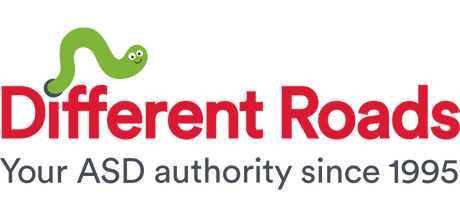The importance of parental/caregiver involvement cannot be overstated. Parents are not only our children’s first teachers, they are the one teacher that remains with them throughout their infancy, childhood, and through adulthood. ABA practitioners and teachers may have a positive and substantial impact on a child’s life, but nothing compares to the impact parents/caregivers have. Parents/caregivers are their child’s forever teacher and just as we as practitioners and teachers need training and resources, so do parents/caregivers.
The R.E.A.L. Model (Terzich-Garland, 2020) incorporates parent involvement from the very start of programming, encouraging parents to become independent with utilizing techniques to increase independence, generalize and maintain skills across environments. In this must-read for practioners, there is a specific parent generalization section in each chapter, which discusses how practioners can involve parents at each level of programming utilizing the R.E.A.L. Model.
Acceptance and Commitment Therapy (A.C.T.) can also be integrated along with The R.E.A.L. Model into parent and caregiver training. Parents must believe in their own abilities to set up children up for success. Practitioners must give them the skills necessary to be as independent as possible right from the start.
Different Roads to Learning, along with The R.E.A.L. Model will be hosting an upcoming 1-hour webinar on Wednesday, April 21st, at 11am (pst). We will discuss getting real with the R.E.A.L. Model, A.C.T. and parent/caregiver training. Please join us. Free to attend. 1 BACB CEU will be offered for a $10 processing fee. Our objectives will be:
- Utilizing the R.E.A.L. Model in planning for generalization within ABA program with parents and caregivers by remaining in the present moment, identifying values, and defining committed actions in a strategic manner.
- Determine motivating factors that increase the likelihood parents will participate in ABA programming.
We hope to see you on April 21st! Register today!
WRITTEN BY MARI UEDA-TAO, MA, BCBA
Mari is the Chief Clinical Officer for Applied Behavior Consultants, Inc. (ABC) CA. Working in the field of ABA for almost 20 years with students with Autism Spectrum Disorders and other developmental delays, Mari has worked across ten different countries, spreading Behavior Analysis globally. She is also a parent of two amusing young children!
